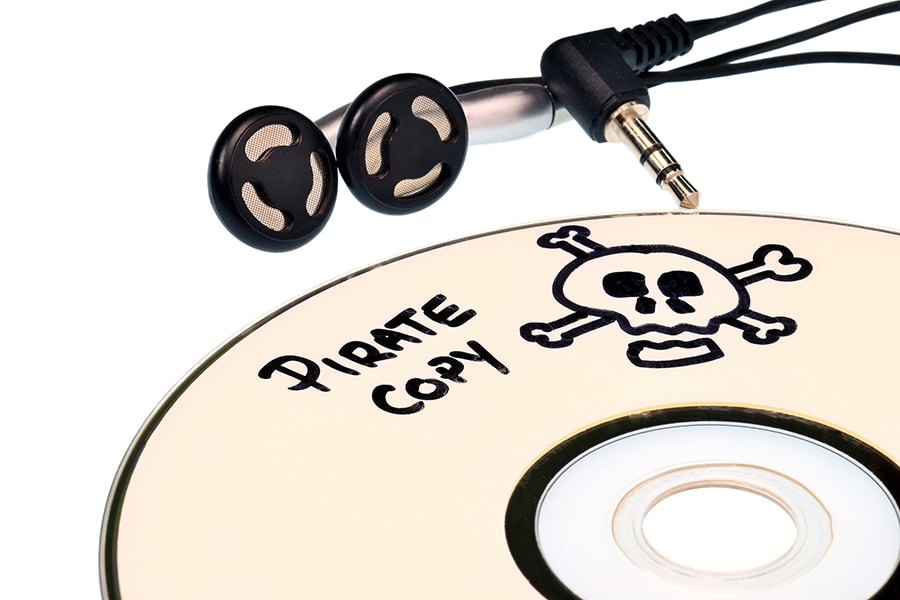
Music piracy isn't on its way out just yet
While there has been a drop in illegal downloads of songs and albums in recent years, this trend may be reversing. So what's going on?
 Stream ripping accounted for 39.2% of all recorded piracy modes in 2021, up from 33.9% the previous year.
Stream ripping accounted for 39.2% of all recorded piracy modes in 2021, up from 33.9% the previous year.
Image: gcpics / Shutterstock
Music and piracy have a history that goes way back. While there has been a drop in illegal downloads of songs and albums in recent years, it's possible that this trend is reversing. So what's going on?
While the most optimistic believed that streaming services had succeeded in convincing consumers that it was in their best interest to pay for music, it seems that some are showing resistance. Muso found that music piracy had been steadily declining since 2017... before increasing slightly in 2021. It observed a 2.18% increase on the previous year.
This phenomenon is explained by the fact that many music lovers continue to resort to "stream ripping" in order to have a permanent copy of a song or an album in their possession. To do this, they use sites that offer to convert music content into MP3 audio or video files using software available for free on the internet, like the Streamripper program.
Stream ripping accounted for 39.2% of all recorded piracy in 2021, up from 33.9% the previous year. The popularity of this practice is surprising given the numerous lawsuits filed against stream-ripping sites over the past decade. In December, a US judge recommended that the publishers of two such sites pay more than $80 million in damages to the US trade association RIAA for flouting YouTube's anti-piracy rules.







